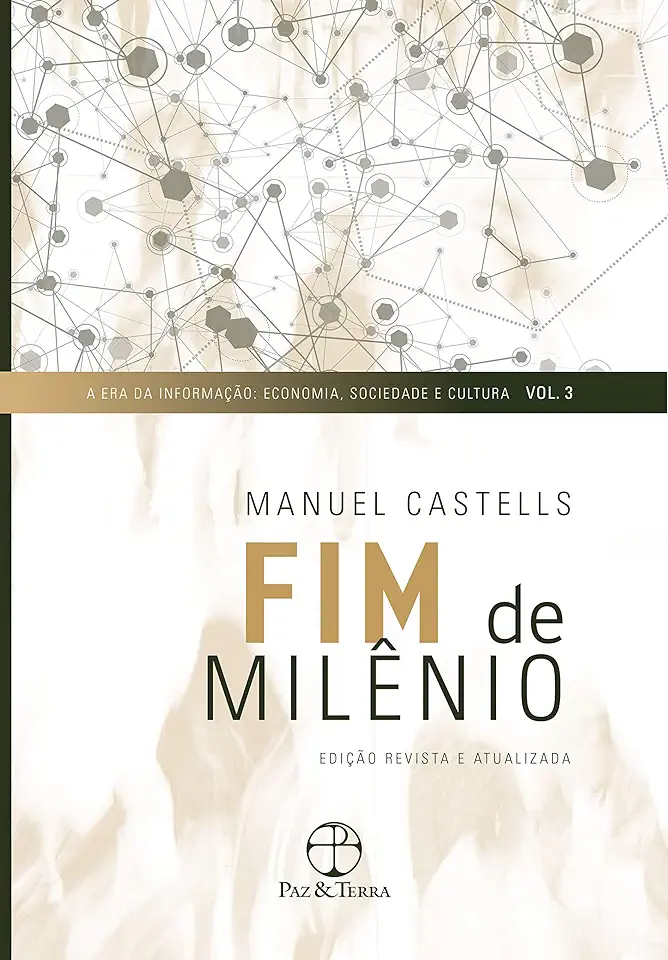
The End of the Millennium - Manuel Castells
The End of the Millennium: Manuel Castells
In his groundbreaking book, The End of the Millennium, Manuel Castells offers a sweeping analysis of the social, economic, and political transformations that have shaped the world at the turn of the 21st century. Castells argues that we are witnessing the emergence of a new global order, characterized by the rise of the network society, the information age, and the global economy.
The Network Society
Castells defines the network society as a social structure in which the most important social and economic activities are organized around networks of information and communication. This new form of social organization has been made possible by the development of new information and communication technologies (ICTs), such as the Internet, which have revolutionized the way we communicate, work, and learn.
The network society has had a profound impact on the global economy. It has led to the rise of a new global division of labor, in which production is increasingly concentrated in a few core regions, while other regions are relegated to the periphery. This has resulted in growing inequality between the rich and the poor, both within and between countries.
The network society has also had a major impact on politics. It has made it possible for new social movements to emerge and mobilize, challenging the power of traditional institutions. This has led to a crisis of legitimacy for many governments, which are struggling to adapt to the new global order.
The Information Age
Castells argues that we are also living in the information age, in which the most important economic resource is information. This has led to the rise of a new class of workers, the knowledge workers, who are employed in the production, processing, and distribution of information.
The information age has also had a major impact on the way we learn. In the past, learning was largely confined to the classroom. Today, thanks to the Internet, we can learn anything we want, anytime we want. This has led to a democratization of knowledge, which is empowering people around the world.
The Global Economy
Castells argues that the global economy is the driving force behind the changes that are taking place in the world today. The global economy is characterized by the free flow of goods, services, and capital across borders. This has led to increased competition and innovation, which has benefited consumers around the world.
However, the global economy has also had some negative consequences. It has led to the rise of global inequality, as well as environmental degradation. These problems are a challenge to the global community, and they will need to be addressed in order to create a more just and sustainable world.
Conclusion
The End of the Millennium is a must-read for anyone who wants to understand the world we live in today. Castells offers a brilliant analysis of the social, economic, and political transformations that are shaping our world. His book is a wake-up call to the challenges that we face, but it also offers hope for a better future.
If you are interested in learning more about the world we live in, I highly recommend reading The End of the Millennium. It is a book that will change the way you think about the world.